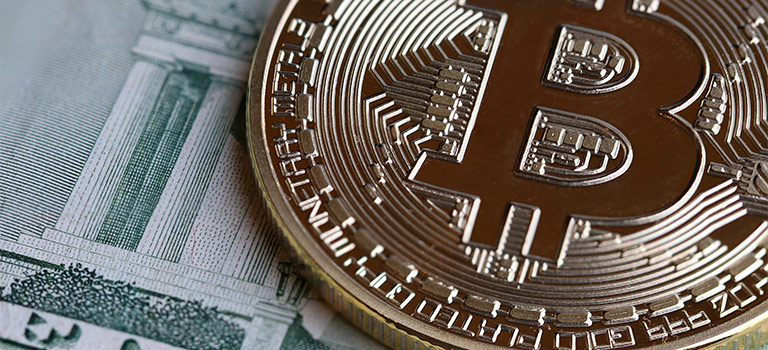PALO ALTO, Calif. (Reuters) - The Federal Reserve is looking at a broad variety of issues around digital payments and the fedcoin currencies, consisting of policy, design and legal considerations around potentially issuing its own digital currency, Governor Lael Brainard stated on Wednesday. Brainard's remarks recommend more openness to the possibility of a Fed-issued digital Go to the website coin than in the past." By Find more information changing payments, digitalization has the prospective to deliver higher value and benefit at lower expense," Brainard stated at a conference on payments at the Stanford Graduate School of Organization.
Main banks internationally are disputing how to manage digital financing technology and the dispersed journal systems used by bitcoin, which promises near-instantaneous payment at potentially low expense. The Fed is developing its own round-the-clock real-time payments and settlement service and is currently evaluating 200 comment letters submitted late in 2015 about the suggested service's style and scope, Brainard said.
Less than 2 years ago Brainard informed a conference in San Francisco that there is "no engaging demonstrated need" for such a coin. However that was before the scope of Facebook's digital currency ambitions were widely understood. Fed Check out here authorities, consisting of Brainard, have actually raised concerns about consumer securities and data and privacy risks that might be posed by a currency that might enter use by the third of the world's population that have Facebook accounts.

" We are teaming up with other reserve banks as we advance our understanding of central bank digital currencies," she stated. With more countries checking out releasing their own digital currencies, Brainard said, that contributes to "a set of reasons to likewise be making sure that we are that frontier of both research and policy development." In the United States, Brainard stated, problems that require research study consist of whether a digital currency would make the payments system more secure or simpler, and whether it might pose financial stability risks, including the possibility of bank runs if money can be turned "with a single swipe" into the reserve bank's digital currency.
To counter the monetary damage from America's unprecedented national lockdown, the Federal Reserve has taken unmatched actions, consisting of flooding the economy with dollars and investing straight in the economy. The majority of these relocations received grudging approval even from lots of Fed skeptics, as they saw this stimulus as required and something only the Fed could do.
My brand-new CEI report, "Government-Run Payment Systems Are Risky at Any Speed: The Case Versus Fedcoin and FedNow," details the risks of the Fed's current prepare for its FedNow real-time payment system, and propositions for central bank-issued cryptocurrency that have been dubbed Fedcoin or the "digital dollar." In my report, I go over concerns about privacy, information security, currency manipulation, and crowding out private-sector competition and development.
Supporters of FedNow and Fedcoin state the federal government must develop a system for payments to deposit immediately, instead of motivate such systems in the personal sector by raising regulatory barriers. However as kept in mind in the paper, the economic sector is providing an apparently endless supply of payment innovations and digital currencies to fix the problemto the level it is a problemof the time space in between when a payment is sent and when it is received in a savings account.
And the examples of private-sector development in this area are many. The Clearing Home, a bank-held cooperative that has actually been routing interbank payments in various forms for more than 150 years, has actually been clearing real-time payments given that 2017. By the end of 2018 it was covering half of the deposit base in the U.S.